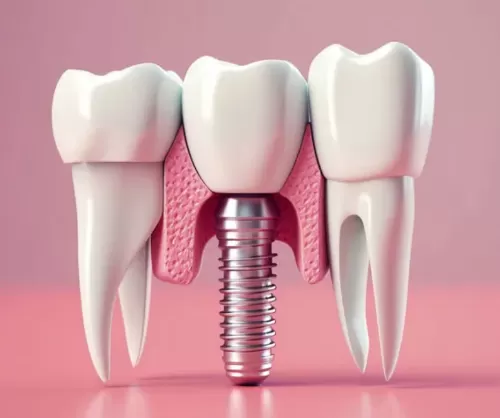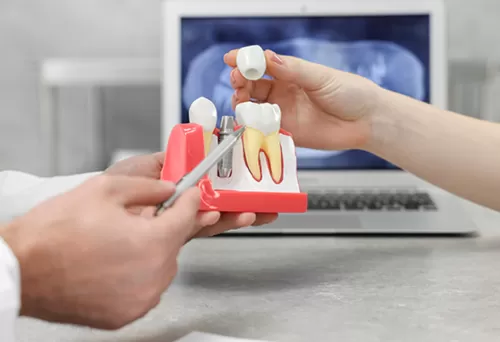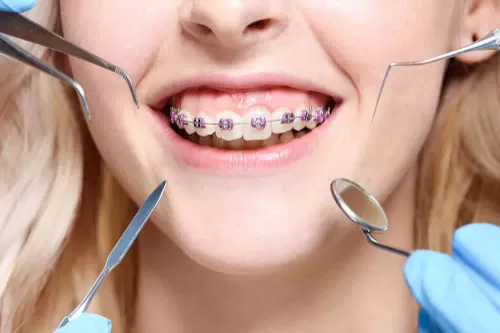Understanding Tooth Extraction: Navigating the Path to Oral Health and Comfort
Tooth extraction, though often associated with apprehension and uncertainty, plays a vital role in preserving oral health and alleviating discomfort. Let's delve into the realm of tooth extraction and unravel the process, benefits, and considerations involved in this common dental procedure.
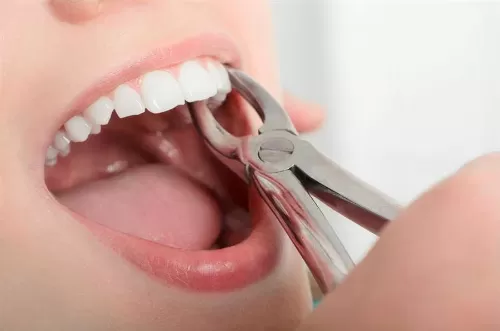
Tooth extraction, also known as dental extraction, is the removal of a tooth from its socket in the jawbone. While the prospect of tooth extraction may evoke feelings of anxiety, it is often necessary to address various dental issues, including severe decay, infection, crowding, or trauma. By extracting compromised or problematic teeth, dentists can prevent further damage, alleviate pain, and restore oral health and function.
One of the primary reasons for tooth extraction is severe decay or damage that cannot be effectively treated with restorative procedures such as fillings or crowns. When decay penetrates deep into the tooth structure or when a tooth is fractured beyond repair, extraction may be the most appropriate course of action to prevent the spread of infection and preserve the health of surrounding teeth and tissues.
Moreover, tooth extraction may be recommended in cases of advanced gum disease, also known as periodontitis, which can cause the supporting structures of the teeth to deteriorate, leading to tooth mobility and eventual tooth loss. In such instances, extraction may be necessary to remove teeth that are beyond salvageable and to prevent further progression of the disease, preserving the integrity of the remaining teeth and supporting tissues.
In addition to addressing dental problems, tooth extraction may also be performed as part of orthodontic treatment to create space for proper tooth alignment. In cases of severe crowding or misalignment, extracting one or more teeth may be necessary to facilitate the movement of surrounding teeth into their correct positions, achieving a straighter and more aesthetically pleasing smile.
Despite the apprehension often associated with tooth extraction, advancements in dental technology and techniques have made the procedure safer, more comfortable, and more efficient than ever before. With the use of local anesthesia and sedation options, dentists can ensure that patients experience minimal discomfort during the extraction process, allowing for a smoother and more pleasant experience overall.
Thus, tooth extraction is a common dental procedure that serves as a valuable tool in preserving oral health, relieving pain, and promoting overall well-being. Whether it's addressing severe decay, advanced gum disease, or orthodontic concerns, tooth extraction can help individuals regain comfort, functionality, and confidence in their smiles. By understanding the reasons for tooth extraction and the advancements in dental care, individuals can approach the procedure with confidence and trust in their dentist's expertise, knowing that they are taking a proactive step towards optimal oral health.

Dental Implants for Seniors
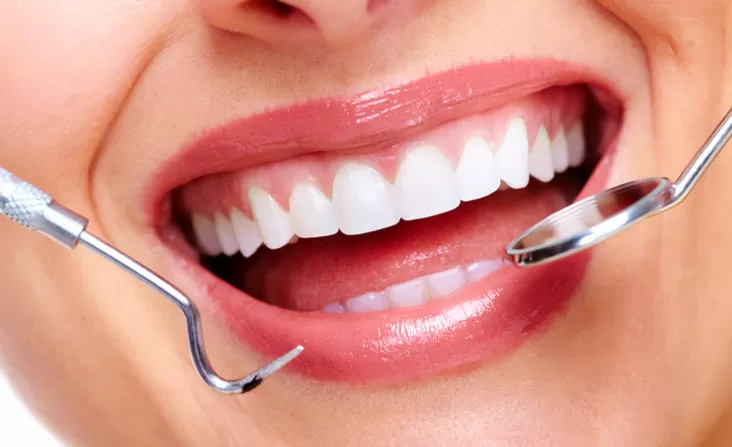
Secrets Revealed: Seniors, Learn How to Get Dental Implants for Free
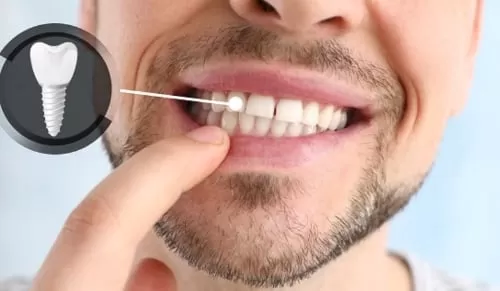
Understanding Dental Implants: A Long Term Solution for Missing Teeth
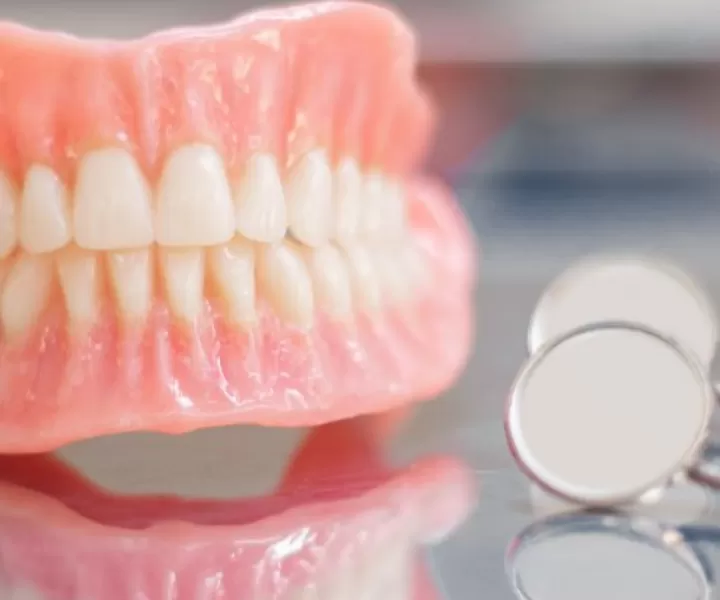
The Future of Orthodontics in 2025: Cutting Edge Trends Transforming Smiles
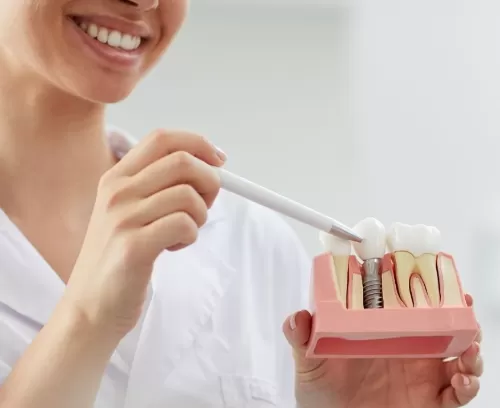
Everything You Need to Know About Dental Implants Clinics
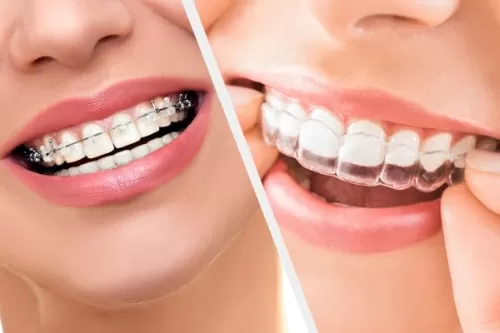
Does Insurance Cover Invisible Braces? A State-by-State Breakdown for 2025
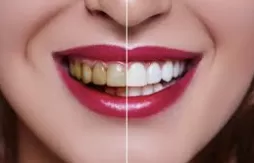
Bright Smiles Ahead: Unlocking the Secrets of Teeth Whitening




